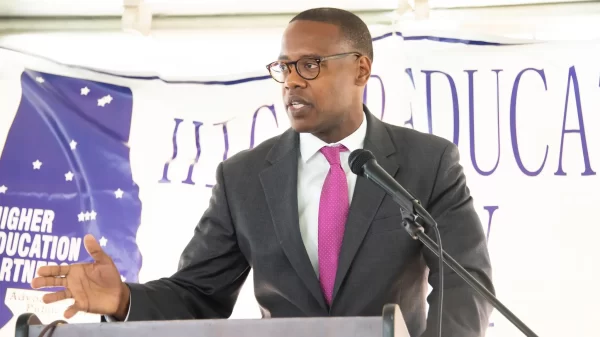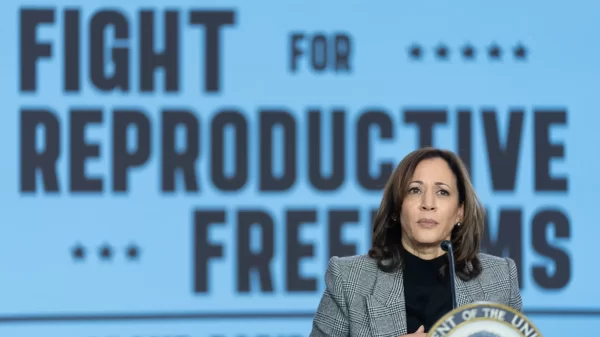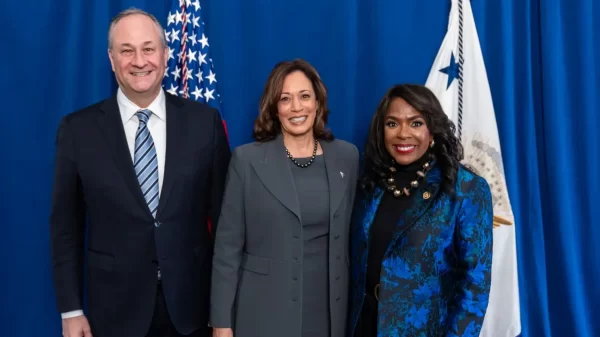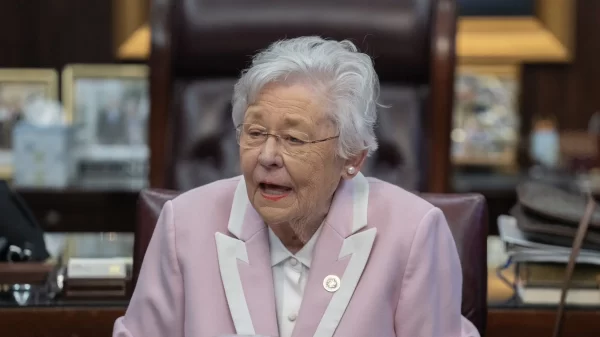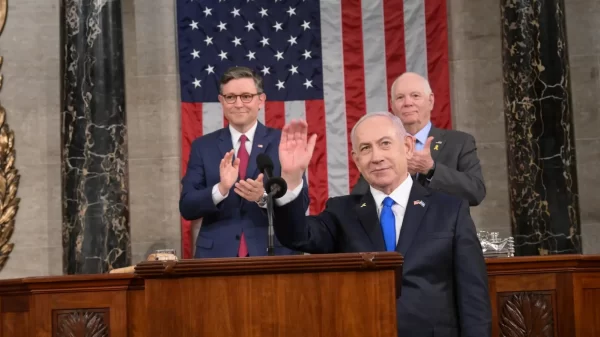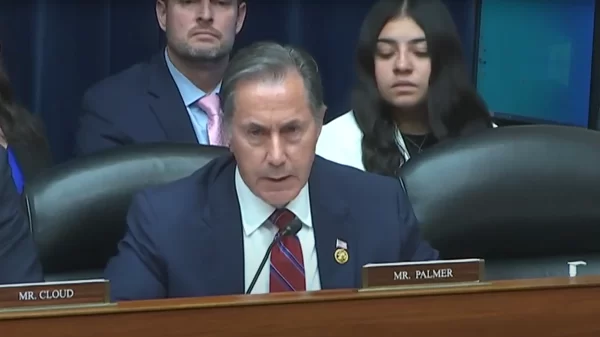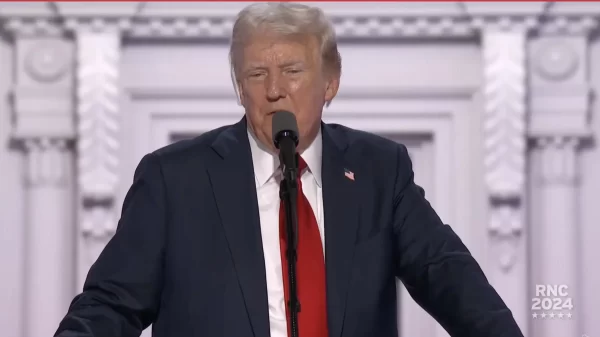Tuesday, former Alabama Chief Justice Roy Moore (R) defended President Donald J. Trump (R) from suggestions that his policies and rhetoric on immigration are responsible for a recent drop in foreign student enrollment in U.S. colleges and universities.
“I do not believe that restrictions on illegal aliens flooding our borders has anything to do with legal foreign enrollment in American colleges and universities,” Judge Moore told the Alabama Political Reporter. “Troy University is an excellent example of successfully attracting foreign students who become good ambassadors for the United States. I am more concerned that ever-increasing tuition and costs are denying affordable access to American students.”
Chief Justice Moore is a candidate for the U.S. Senate seat currently held by Doug Jones (D).
College administrators are concerned about a 6.6 percent drop in new international-student enrollments last year. In November the nonprofit Institute of International Education reported that for three consecutive years the number of new international students arriving in this country have dropped.
Many college officials and major media outlets are blaming President Trump’s rhetoric and visa policies for undercutting demand for U.S. higher education among foreign students. There have been high profile articles in Newsweek, Forbes, Politico, the Washington Post, and other publications on the ‘Trump effect’ on the ability of American colleges and universities to recruit foreign students.
Foreign-student applications have dropped about 7 percent over the past two years, concentrated mostly at the master’s degree level. Applications to doctoral programs however have increased over the same time period.
According to a report by Education Next magazine there are two different focuses of U.S. international student recruitment. The first is recruitment of the best and the brightest. Here the universities are pursuing talent, often with promises of full scholarships. These numbers have not dropped. The universities are still able to recruit extremely high performers to improve their academic standards and for their research programs. The other class of students are foreign students who can pay their own way. International students are an important revenue stream for American colleges and universities and this is the class of students where the biggest drops have been heavy.
Part of the problem with enrollment is that there are just fewer children. U.S. family size has plummeted since contraceptives have become widely available. U.S. colleges and universities have responded to this by becoming global educators.
China is the number one source of international students, followed by India. China provides approximately half of the total number of international students in American institutions of higher learning. Demographics are playing a role in this decline as youth cohort sizes in China are plummeting.
Global enrollment growth is slowing, driven largely by China’s falling numbers of youth. China, India, Saudi Arabia, Canada, South Korea, and Vietnam are the largest providers of international students to the U.S. There are over 800,000 international students enrolled in U.S. colleges and universities.
In June China warned students to think about the “risks” associated with attending college in the U.S as part of a broadening of the trade war.
Xu Yongji, an official from the Education Ministry, told reporters that the Trump administration and Congress had “politicized some normal China-U.S. educational exchanges and cooperation activities.”
“They are accusing Chinese students and scholars in the United States of launching ‘nontraditional espionage’ activities and causing trouble for no reason,” Xu said warning Chinese students to think about the risk of studying in the U.S.
Trump has made making trade with China less one sided, border security, and immigration reform part of this top priorities.
Taking the Senate seat back is a top priority for the Alabama Republican Party.
Judge Moore is part of a crowded field for U.S. Senate. Congressman Bradley Byrne, businessman Stanley Adair, former Auburn coach Tommy Tuberville, state Representative Arnold Mooney, and Alabama Secretary of State John Merrill are also running for Senate.
Moore was the Republican nominee for U.S. Senate in 2017, narrowly losing to Jones in a December special election.
The major party primaries will be on March 3.
(Original reporting by Education Next, Newsweek, Forbes, and the Washington Post contributed to this report.)

